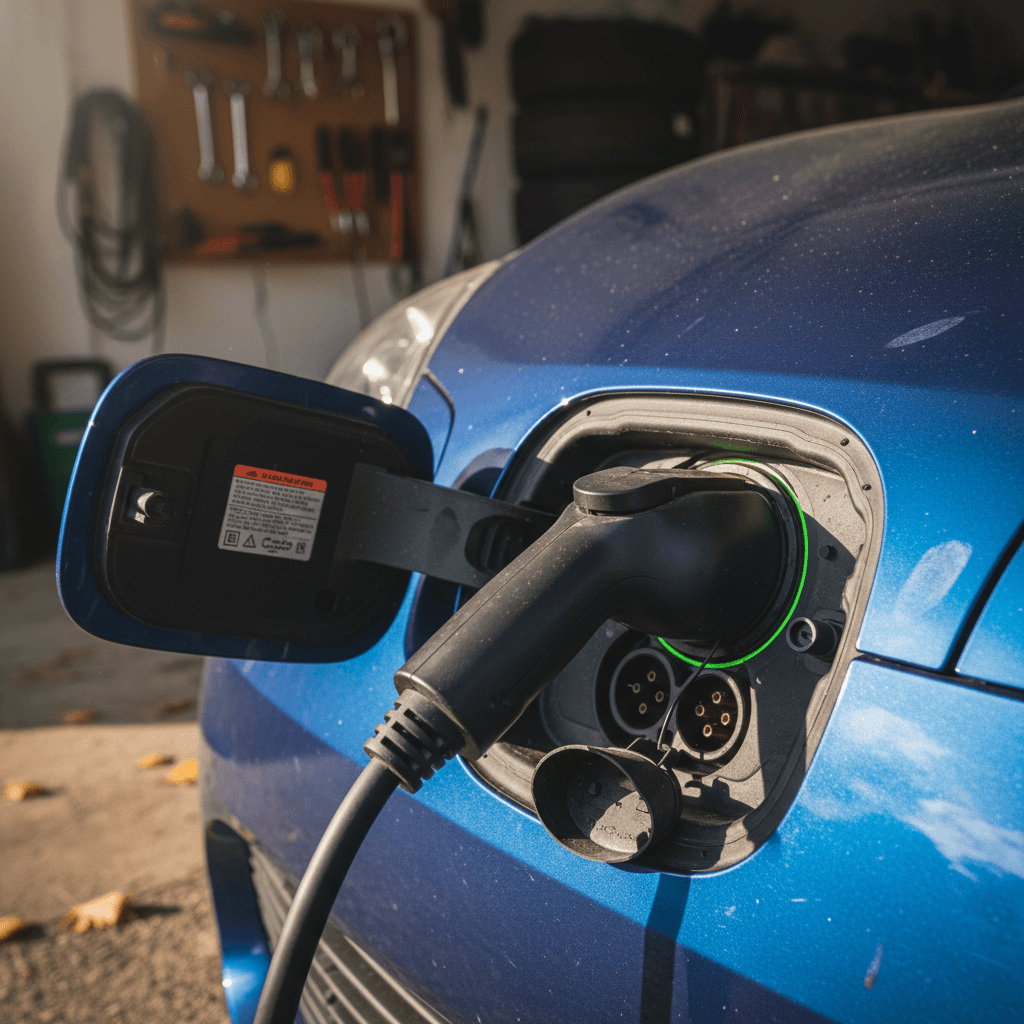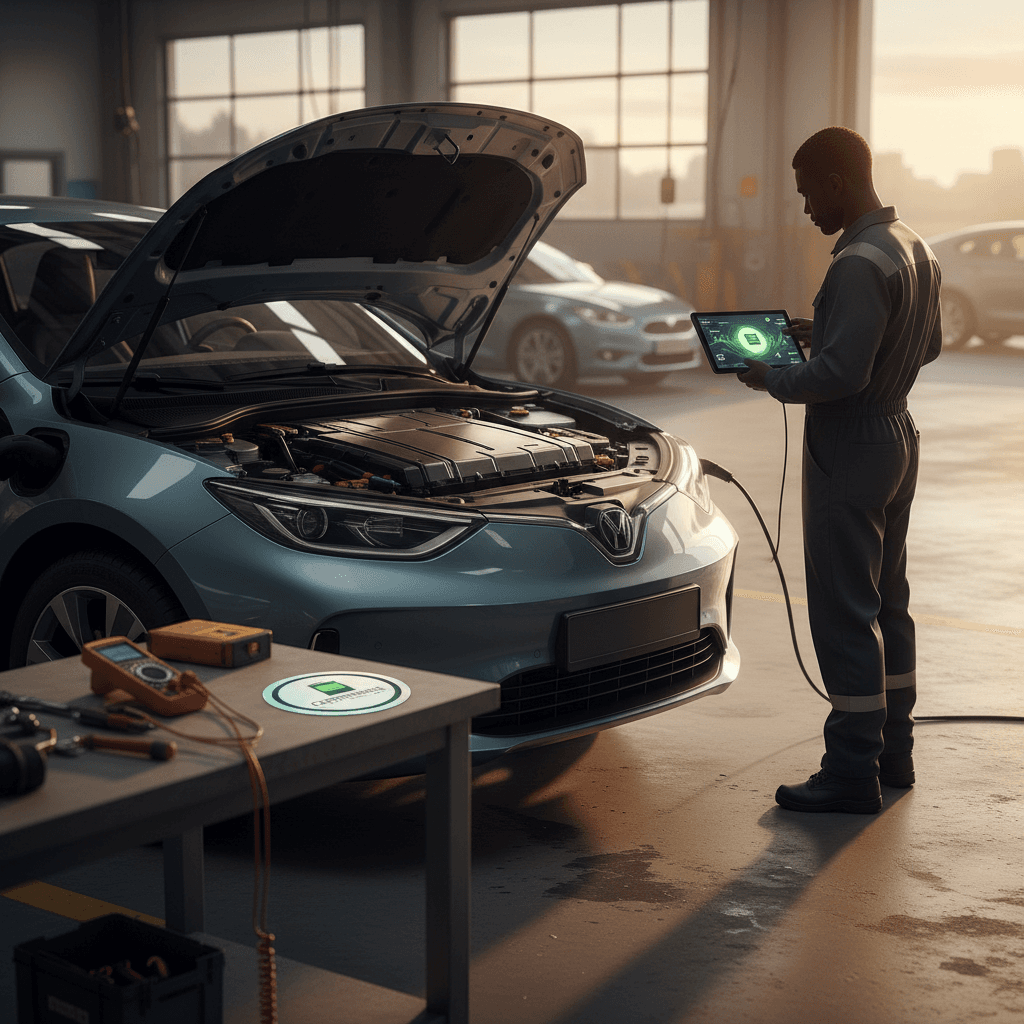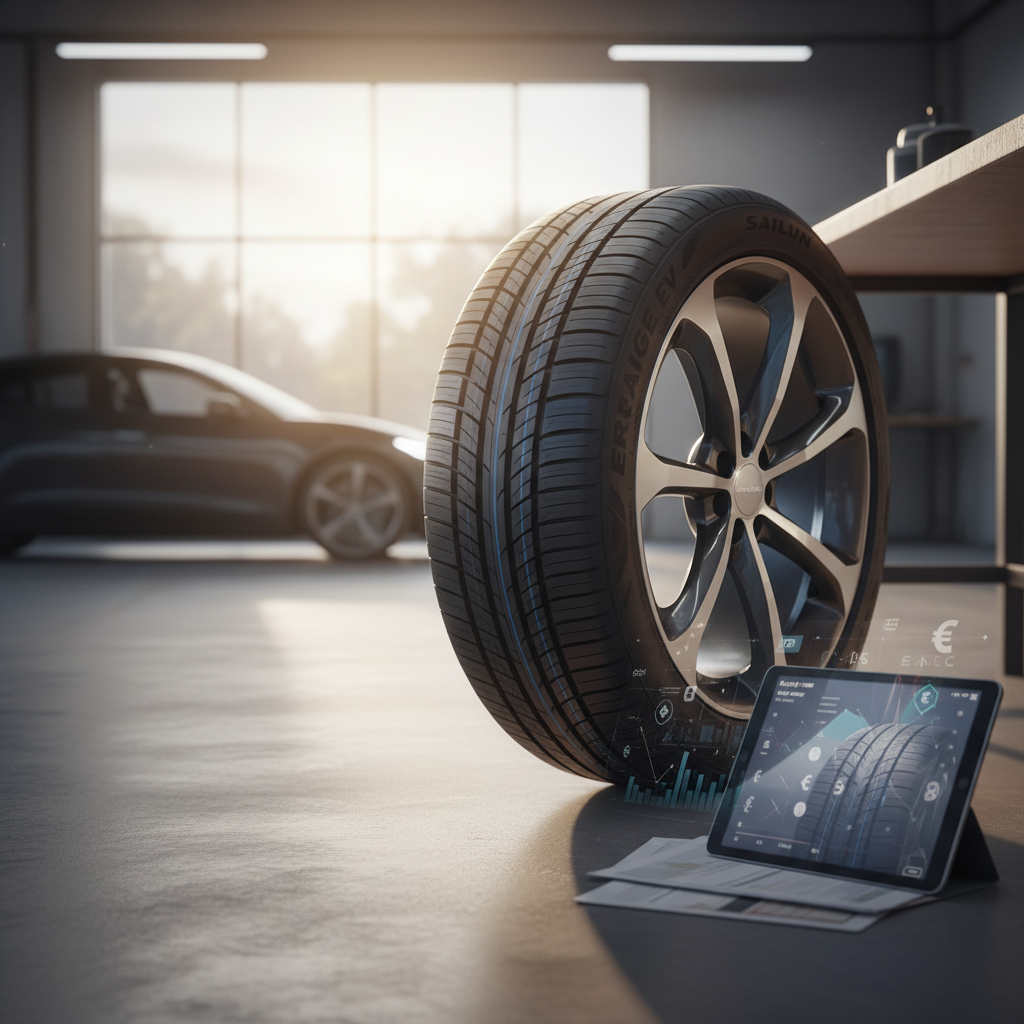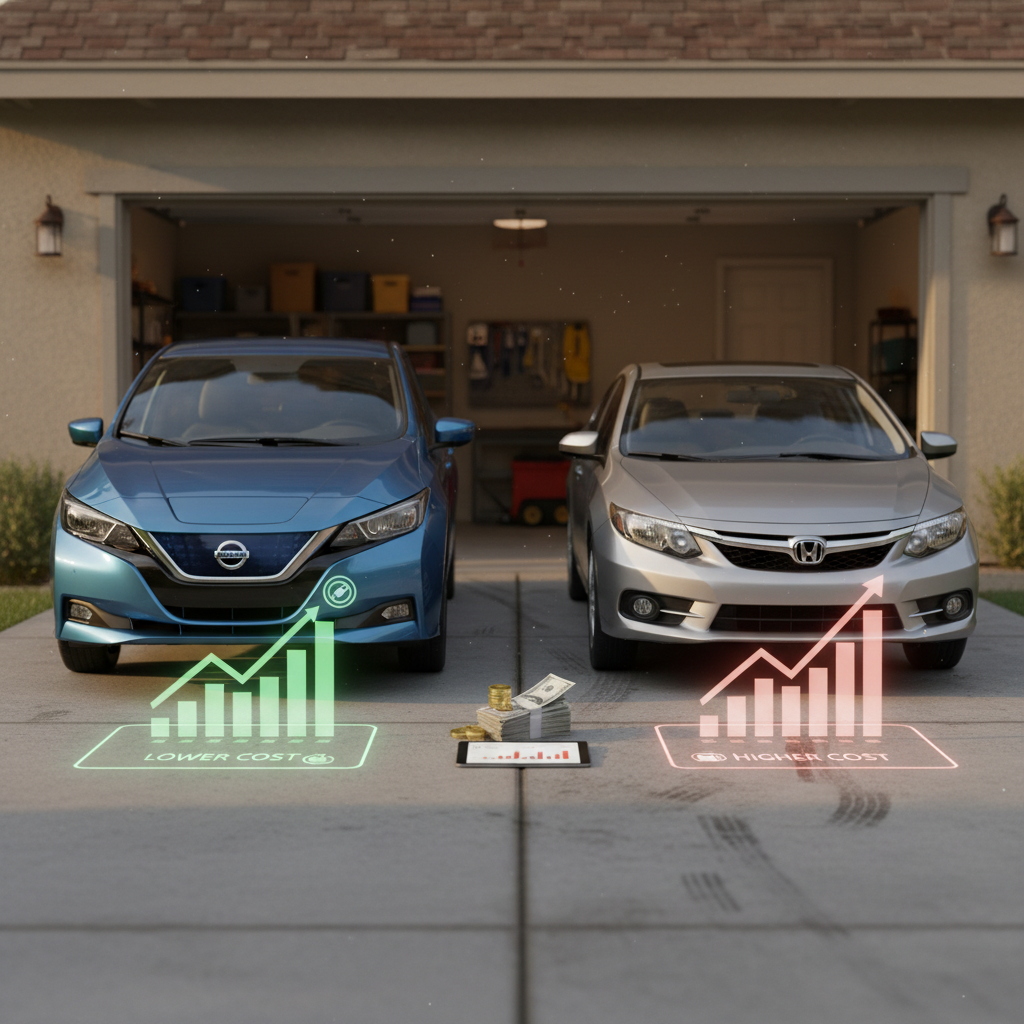If you’re shopping for a used electric car, there’s a good chance you’ve typed “certified near me” into a search bar and landed on a maze of dealer ads, filters, and fine print. The phrase promises peace of mind; what it delivers, especially for EVs, can be a very different story.
What people really mean by “certified near me”
Why everyone is Googling “certified near me”
In the last few years, search terms like “certified cars near me”, “certified pre owned near me”, and, simply, “certified near me” have exploded. It’s the digital equivalent of wandering a dealer row and looking for the most trustworthy sign. For gas cars, that mostly works; for EVs, the stakes are higher, and the assumptions are more dangerous.
What shoppers think “certified near me” guarantees
And why it only tells part of the story for EVs
No hidden problems
Strong long-term reliability
Fair pricing for extra peace of mind
Here’s the catch for EVs
How traditional certified pre-owned (CPO) really works
Certified pre-owned is, at heart, a marketing promise backed by an inspection checklist and an extended warranty. The dealer (or manufacturer) takes a used car, runs it through a multi‑point inspection, fixes what they deem necessary, and sells it at a premium with extra coverage attached.
Typical gas-car certified pre-owned vs. plain used
What “certified” usually adds on a traditional combustion car
| Feature | Plain Used Car | Certified Pre-Owned Car |
|---|---|---|
| Inspection | Basic safety check | Multi-point checklist (often 100+ items) |
| Warranty | Often none, or short dealer warranty | Extended limited warranty from manufacturer |
| Roadside assistance | Maybe, maybe not | Often included for several years |
| Reconditioning | Only what’s needed to sell | Cosmetic and mechanical reconditioning to brand standards |
| Price | Lower | Higher, premium for the certification |
Programs vary by brand, but the pattern is surprisingly similar.
In a gas car, that model more or less works. Engines and transmissions are well‑understood, the warranty extensions are familiar, and the worst‑case repair is painful but not existential. In an electric car, the calculus changes, because one component, the high‑voltage battery, dwarfs everything else in cost and importance.
The EV problem: when “certified” doesn’t mean battery-safe

If you’re hunting “certified EV near me”, you’re almost certainly worried about the battery. Range, degradation, fast‑charging performance, that’s the whole ballgame. Yet many certified pre-owned checklists still treat the pack like a black box: does the car start, do any warning lights shine like Christmas? Great. Stamp it.
Why traditional CPO can fall short for EV buyers
Three uncomfortable truths hiding behind the badge
Battery health ≠ fully tested
Warranties may not cover what you think
You pay a premium for… vibes
The nightmare scenario
Why battery health must lead your decision
“Certified near me” vs. smart EV buying: quick checklist
Forget the logo on the license‑plate frame for a moment. When you’re evaluating a used EV, whether it’s labeled certified or not, these are the questions that actually protect you.
Use this instead of just searching “certified near me”
1. Ask for real battery health data, not vibes
You want a <strong>quantitative readout</strong> of battery state‑of‑health or usable capacity, not, “It seems fine.” At Recharged, this is exactly what the <strong>Recharged Score battery health diagnostics</strong> is built to provide.
2. Verify remaining battery and powertrain warranty
Check the in‑service date, mileage, and OEM warranty booklet. Many EVs keep their original battery coverage long after the basic bumper‑to‑bumper warranty expires.
3. Look for fast‑charge and cold‑weather behavior
If possible, review fast‑charging logs or ask how the car behaves on DC fast chargers and in winter. A tired pack will often reveal itself in slow charging and big range swings in the cold.
4. Demand a transparent vehicle history
You need a clean title, no undisclosed collision damage, and service history that makes sense. A certified badge should confirm this, but you should still see the paperwork.
5. Compare total cost, not just the sticker
Factor in <strong>financing, warranty coverage, and expected charging costs</strong>. Sometimes the non‑certified car with a healthier battery and better financing beats the shiny certified one by thousands over a few years.
6. Make sure support doesn’t end at the sale
Especially with your first EV, access to <strong>EV‑specialist support</strong> matters. Buying through a platform like Recharged gives you guidance on charging, incentives, and daily use instead of a handshake and a key fob.
How to use this checklist in the real world
Where to find truly vetted used EVs near you
Typing “certified electric car near me” will dump you into a mix of franchise dealers, national classifieds, and independent lots. Some of them do excellent work. Some of them treat EVs like slightly quieter gas cars and hope you don’t notice the difference until after the paperwork.
Franchise dealers and OEM CPO
These are the traditional home of “certified.” You’ll often find low‑mileage lease returns and off‑brand trades. For EVs, the main advantages are:
- Potential access to factory updates and recalls
- Familiar financing pipelines through captive lenders
- Service departments trained (to varying degrees) on the brand’s EVs
The downside is that battery transparency can lag behind the marketing. Ask exactly what’s been done to check the pack beyond a road test.
EV-focused platforms like Recharged
Recharged is built around used electric vehicles specifically. Every vehicle includes a Recharged Score Report with verified battery health, fair market pricing, and an EV‑specialist to walk you through the data.
- Digital experience with nationwide delivery
- Options for financing, trade-in, instant offer, or consignment
- An on‑the‑ground Experience Center in Richmond, VA if you want to see cars in person
Instead of hunting “certified near me,” you’re effectively searching for “battery‑verified near me”, whether the car starts life in your ZIP code or ships cross‑country.
How Recharged improves on traditional “certified”
Recharged doesn’t use the word “certified” lightly, because for EVs it’s been abused into meaning almost nothing. Instead, the platform is built around one idea: you should understand the battery, the price, and the plan before you ever tap “Buy.”
Recharged vs. a generic “certified near me” listing
What actually changes your ownership experience
Recharged Score battery diagnostics
Fair market pricing, spelled out
EV‑specialist support from search to delivery
Not just a different badge, a different contract
Pricing, warranty, battery: what to actually compare
Whether you end up buying through a local dealer or a digital platform, your job as a shopper is to compare inputs, not labels. Line two or three contenders up on a page and make them compete on the things that will actually matter three winters from now.
How to compare EV deals, certified or not
Use this simple matrix to evaluate competing offers side by side.
| Question | Car A | Car B | Car C |
|---|---|---|---|
| Battery state-of-health (SOH) or capacity report available? | |||
| Remaining OEM battery warranty (years / miles)? | |||
| Accident / title issues? | |||
| DC fast charging behavior explained or documented? | |||
| All-in price with taxes, fees, and add-ons? | |||
| Financing terms (APR / months)? | |||
| Support after sale (roadside, guidance, service access)? |
If a seller can’t fill this out clearly, that’s your answer.
Turn the sales pitch into homework
FAQ: “Certified near me” and used EVs
Frequently asked questions about “certified near me” EV searches
Bottom line: stop chasing labels, start chasing transparency
Searching “certified near me” made sense in the era of gas sedans and timing belts. In the EV age, the smarter move is to search for data: battery health, warranty terms, pricing logic, and real support after the sale. If a seller can explain those clearly, the badge on the trunk is just decoration. If they can’t, it’s camouflage.
Recharged exists for exactly this moment in the market, a used EV world where the right data matters more than the right bumper sticker. Whether you ultimately buy from a local dealer or through Recharged’s digital, nationwide platform, use the questions and checklists in this guide to turn “certified near me” from a blind search into a clear, confident decision.



